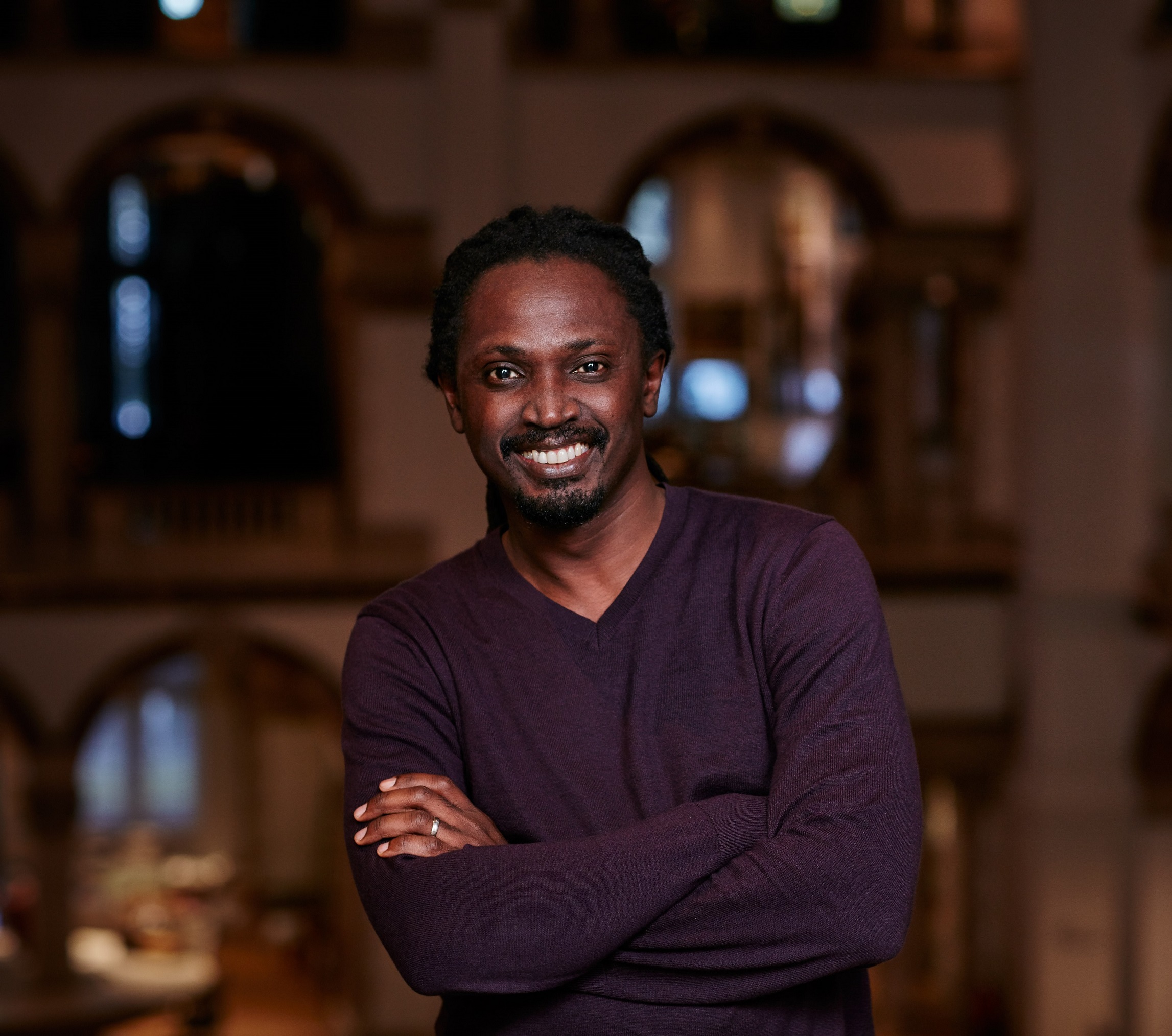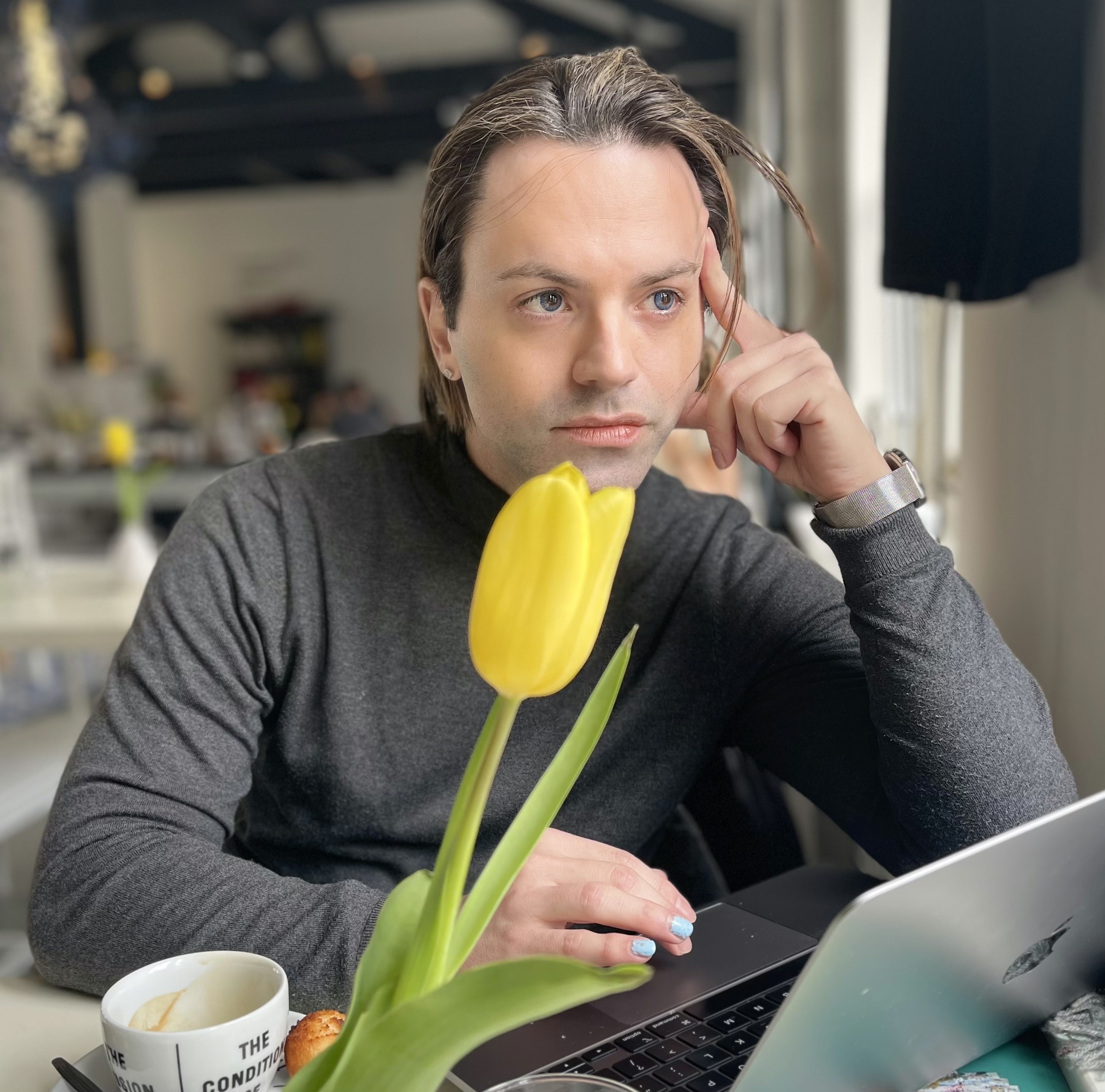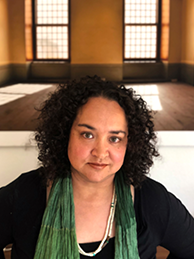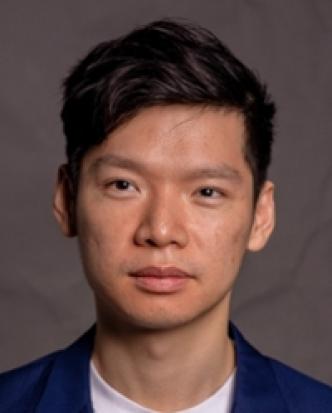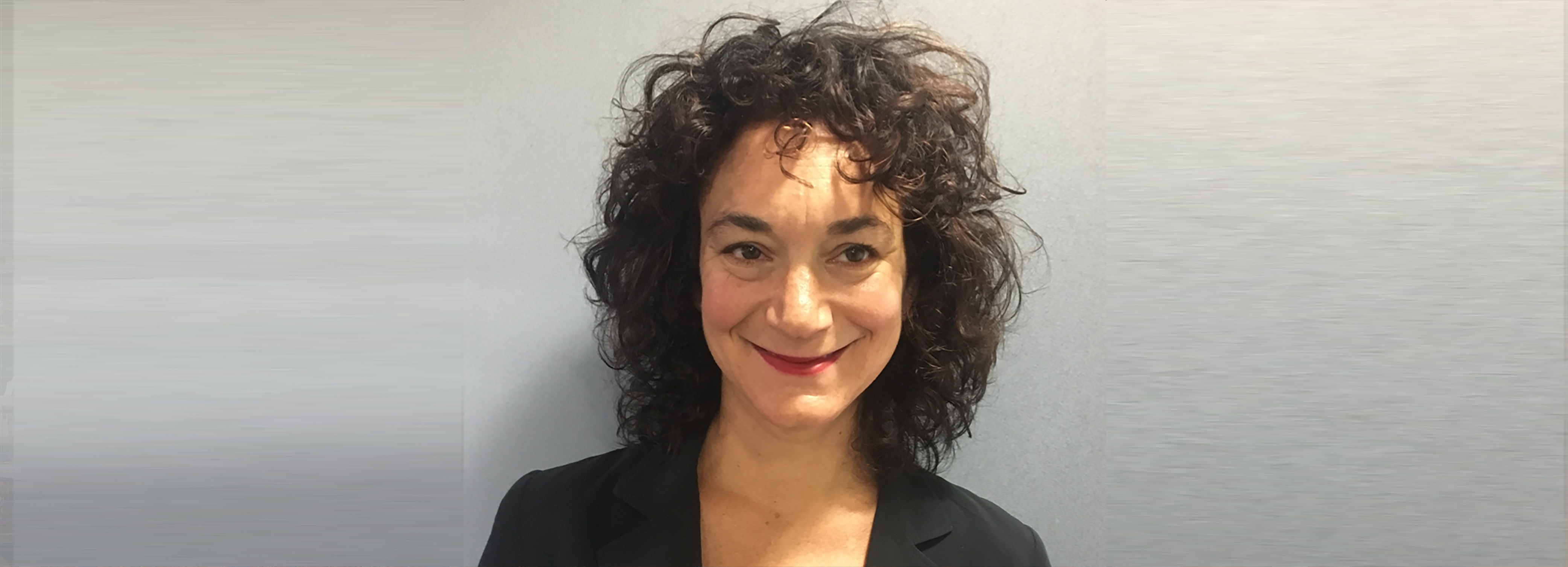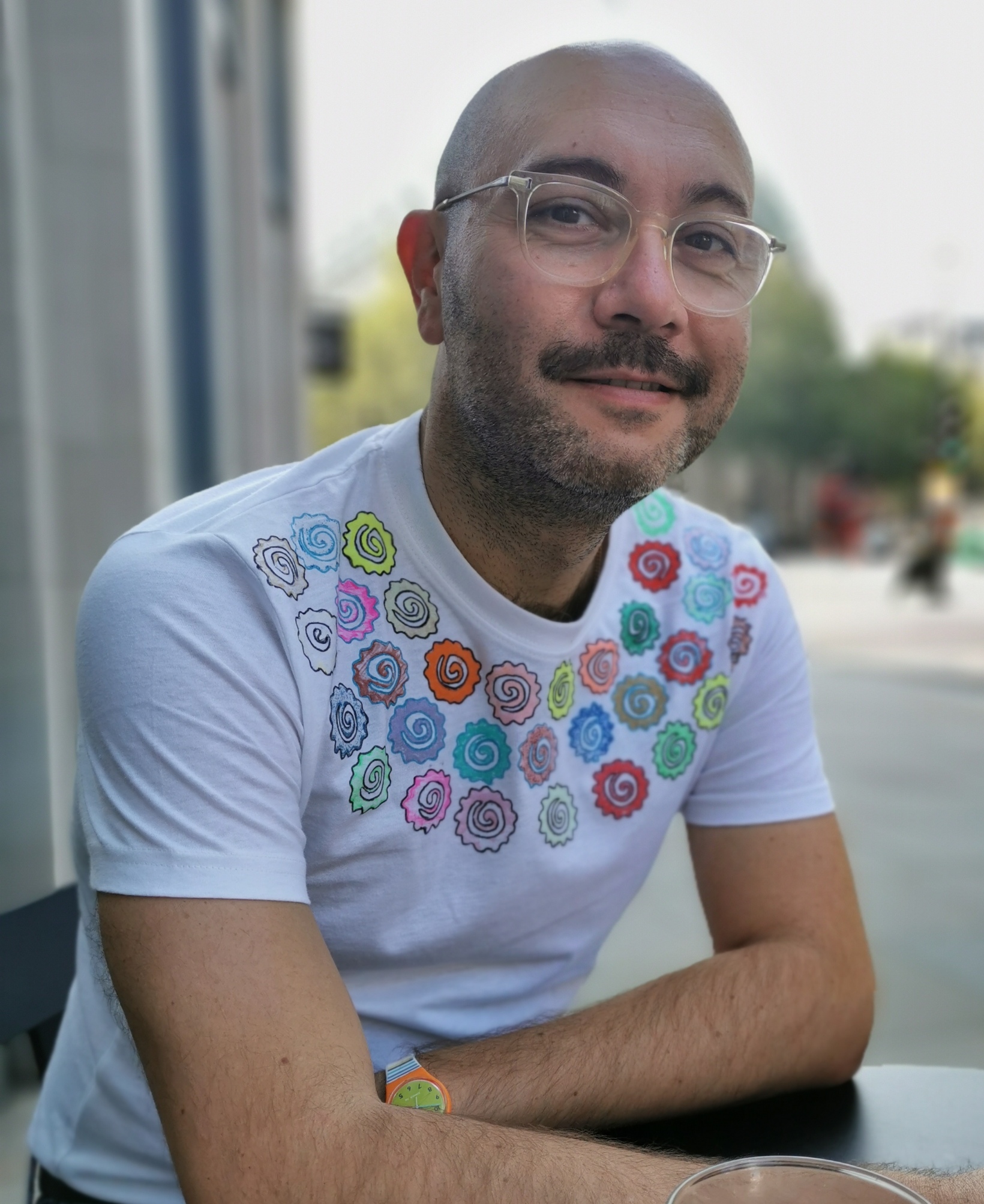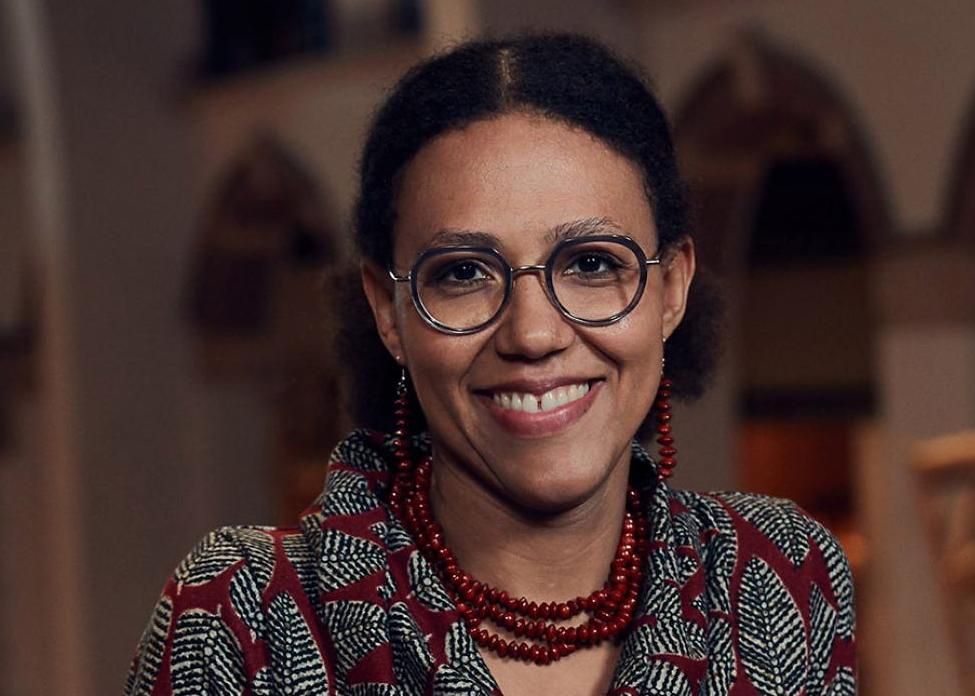
Wayne Modest is Director of Content of the National Museum of World Culture (a museum group comprising the Tropenmuseum, Museum Volkenkunde, Africa Museum) and the Wereldmuseum Rotterdam, in the Netherlands. He is also Professor (by special appointment) of Material Culture and Critical Heritage Studies at the Vrije Universiteit, Amsterdam.
A cultural studies scholar by training, Modest works at the intersection of material culture, memory and heritage studies, with a strong focus on colonialism and its afterlives in Europe and the Caribbean. His most recent publications include the co-edited publications, Matters of Belonging: Ethnographic Museums in A Changing Europe (Sidestone Publications, 2019, together with Nick Thomas, et al), and Victorian Jamaica (Duke University press: 2018, together with Tim Barringer). Modest has (co)curated several exhibitions, most recently, What We Forget, with artists Alana Jelinek, Rajkamal Kahlon, Servet Kocyigit and Randa Maroufi, an exhibition that challenged dominant, forgetful representations of Europe that erase the role of Europe’s colonial past in shaping our contemporary world.
